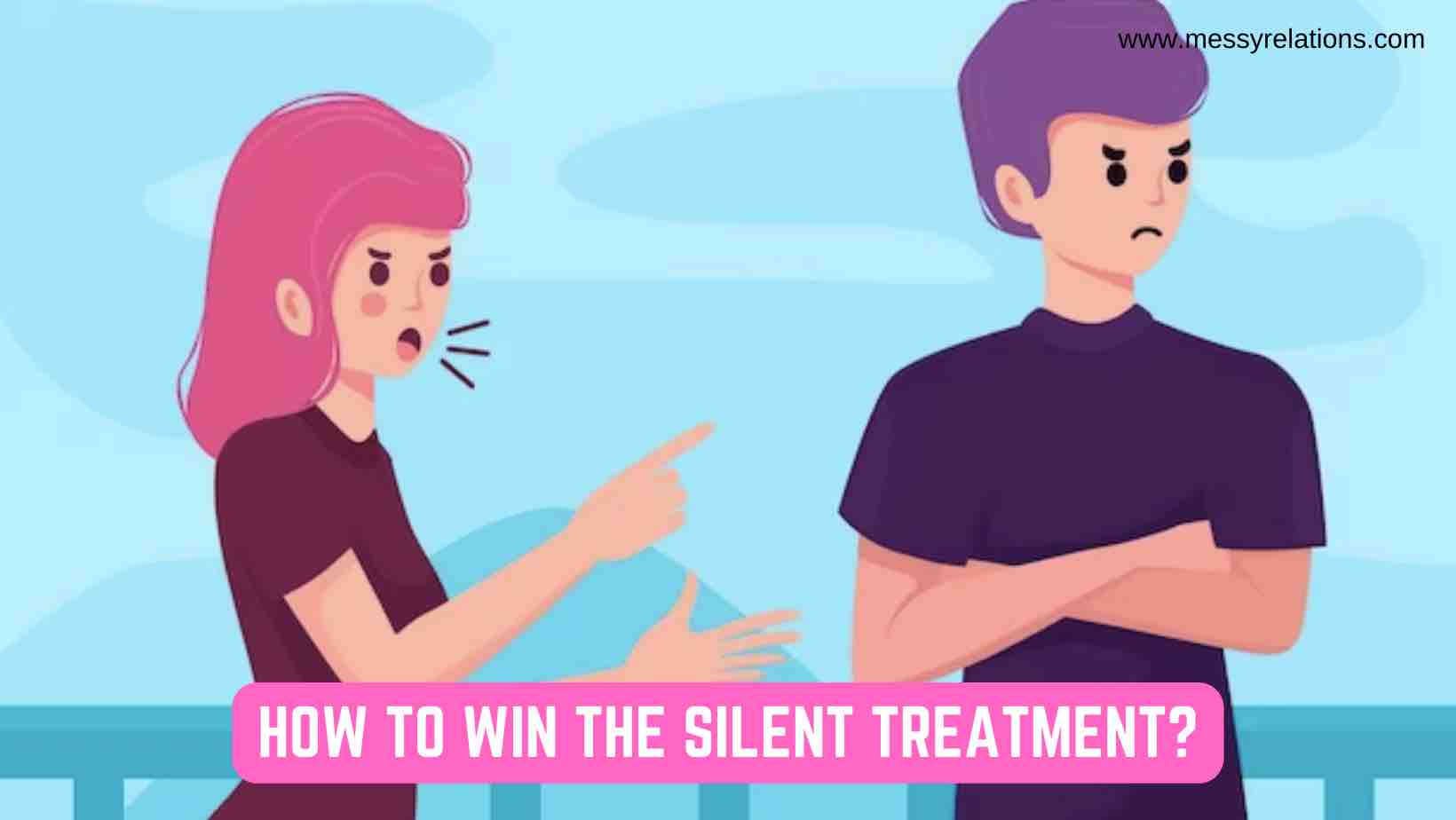In our journey to comprehend mental health, understanding complex PTSD causes is vital. Complex PTSD (Post-Traumatic Stress Disorder) emerges from enduring severe, repetitive trauma over a prolonged period. Unlike traditional PTSD, which often results from a single traumatic event, complex PTSD is tied to a series of events or one ongoing traumatic situation. Here we delve into the various causes of complex PTSD, catering to everyone interested in this crucial topic.
1. Extended Exposure to Trauma
The core of complex PTSD causes lies in prolonged exposure to traumatic circumstances. This can include living in a war-torn region, enduring long-term domestic violence, or being a prisoner of war.
2. Childhood Abuse
One of the most common causes of complex PTSD is prolonged abuse during childhood. This can be physical, emotional, or sexual abuse, and its repetitive nature during developmental years makes children particularly vulnerable to developing complex PTSD.
3. Domestic Violence
Being a victim of domestic violence as an adult can also lead to complex PTSD. The constant state of fear, along with the feeling of being trapped in the situation, contributes significantly to its development.
4. Human Trafficking and Captivity
Victims of human trafficking or those who have been held captive endure prolonged trauma, often in extremely hostile and dehumanizing conditions, leading to complex PTSD.
5. Living in Conflict Zones
Continuous exposure to the dangers, stresses, and horrors of war and conflict zones is another significant cause. People living in these conditions face a daily reality of threat and uncertainty.
6. Repetitive Non-Familial Trauma
This includes situations like prolonged bullying, long-term exploitation in the workplace, or repeated exposure to traumatic events, such as in first responders or military personnel.
7. Neglect in Early Life
Prolonged neglect during childhood, where the child’s basic needs for emotional and physical care are unmet, can also lead to complex PTSD. It instills deep-seated feelings of abandonment and insecurity.
8. Cultural, Systematic, and Historical Trauma
Complex PTSD can also arise from systemic oppression, racism, and historical trauma that affects entire communities or generations.
9. Impact of Multiple Traumas
The cumulative effect of different traumas over time can also lead to complex PTSD. This is often seen in individuals who have experienced multiple different types of trauma.
10. Secondary Traumatization
Sometimes, individuals develop complex PTSD not from direct exposure but from secondary exposure to trauma, such as therapists or caregivers working closely with trauma survivors.
Understanding complex PTSD causes is crucial in recognizing and empathizing with those who suffer from it. It’s a disorder that often lurks beneath the surface, shaped by various traumatic experiences. Recognizing these causes is the first step towards providing effective support and treatment to those affected. Whether you’re a healthcare professional, a loved one of someone experiencing complex PTSD, or someone grappling with the condition yourself, gaining an understanding of these causes is key to navigating the path to recovery and support.
FAQs – Frequently Asked Questions
1. Can complex PTSD develop from a single traumatic event?
Complex PTSD generally arises from prolonged or repeated exposure to trauma, rather than a single event. This differentiates it from standard PTSD.
2. Is complex PTSD more common in certain groups of people?
Complex PTSD can affect anyone, but it’s more common in individuals who have experienced prolonged abuse, especially during childhood, or those living under continuous threat, such as in war zones or abusive relationships.
3. How does childhood trauma specifically contribute to complex PTSD?
Childhood trauma, particularly when repetitive and prolonged, can disrupt the normal development of the brain and coping mechanisms, making children more susceptible to developing complex PTSD.
4. Are there any preventive measures for complex PTSD?
Early intervention in traumatic situations, access to support systems, and timely psychological help can be significant in preventing the development of complex PTSD.




